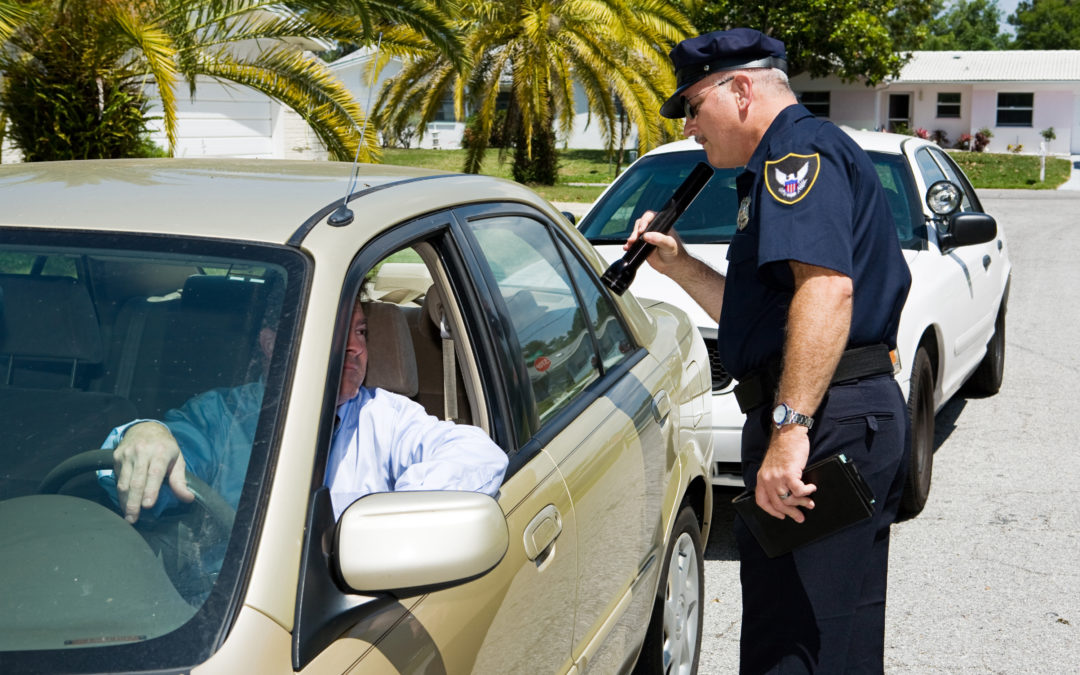The concept of probable cause is an important part of the law, protecting people from unlawful search, seizure, and arrest. It requires that police officers have a legitimate legal reason to search property, seize property, or arrest an individual.
It is an intentionally vague term. This concept requires a police officer to have probable cause of criminal activity or wrongdoing before carrying on with any official police action (such as arrest, a property search, or seizure of property).
If an officer has a warrant to search or seize property, the existence of probable cause is determined by the Judge when the officer seeks approval for the issuance of the warrant. In circumstances where there is no warrant, the court determines the existence of probable cause at a later date, but only if your attorney raises the issue.
The term “probable cause” is vague enough to allow for judicial discretion and each case will be decided based upon its own individualized facts.
When the Police Have a Warrant
When a Judge determines that probable cause exists, then the Judge can issue a warrant for various things. For example, a warrant can authorize a search of property, a warrant can authorize an arrest of an individual, and a warrant can also authorize the seizure of tangible property or other effects. Although, here, the existence of probable cause has already been determined, the officer is still required to act in good faith when applying for and executing the warrant. If an attorney is able to convince the Judge that the officer acted in bad faith, then any evidence seized could be suppressed by the court.
When the Police Have No Warrant
When no warrant exists, then an officer has to assess the circumstances to determine whether or not they have the right to arrest an individual. For example, consider an officer pulling over a vehicle that matches the description to a crime given by a witness; upon verifying that the individual in the vehicle also matches the description of the suspect provided by the witness and noting that the individual has property that was reported stolen in the vehicle, the officer may meet the standard for probable cause.
The officer must be able to articulate what facts gave rise to his probable cause determination. They cannot simply act because of a gut feeling or generalized suspicion. Once an officer, or Judge, can establish the existence of probable cause before any police action, then the police action (arrest, search or seizure) will be upheld.
What If an Officer Cannot Prove Probable Cause?
Because probable cause is determined on a case by case basis, after analyzing the facts of each case, it is important to consult with an attorney about the circumstances of an arrest. Police officers do not always act in good faith and if a suspect, or their lawyer, believes that an arrest, search, or seizure occurred without probable cause, an attorney can bring up the issue in court. If the attorney is able to convince the Judge that the requirements for probable cause were not met, or that the property was seized without a warrant or a valid exception, any charges or evidence stemming from the arrest, search, or seizure may be thrown out.
When you are arrested for a crime, you have rights—but you may have to fight for them. We are here to advocate on your behalf. Schedule your free phone consultation now by calling Puglisi Law at 305-403-8063.



